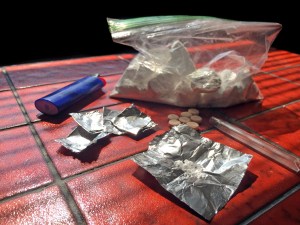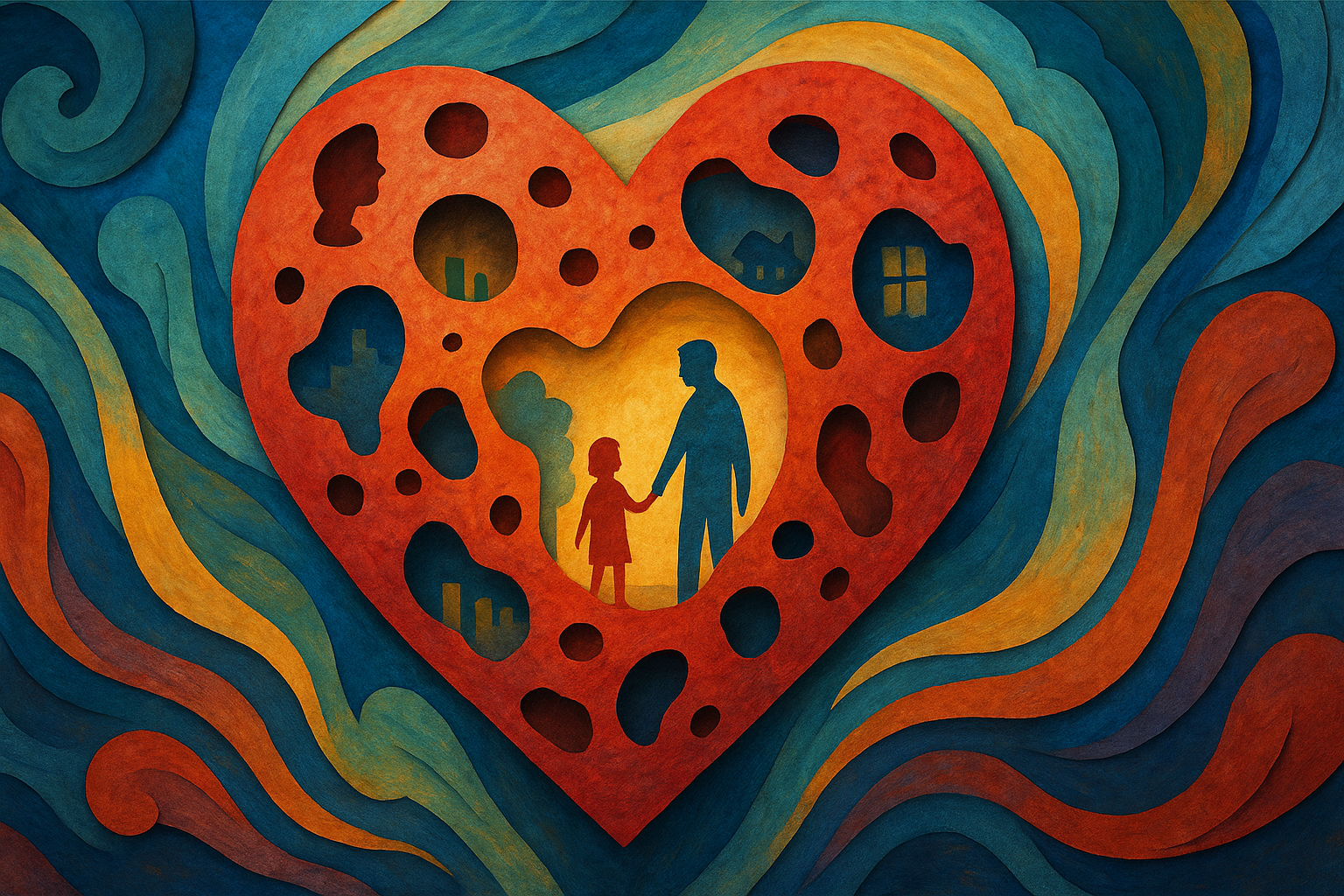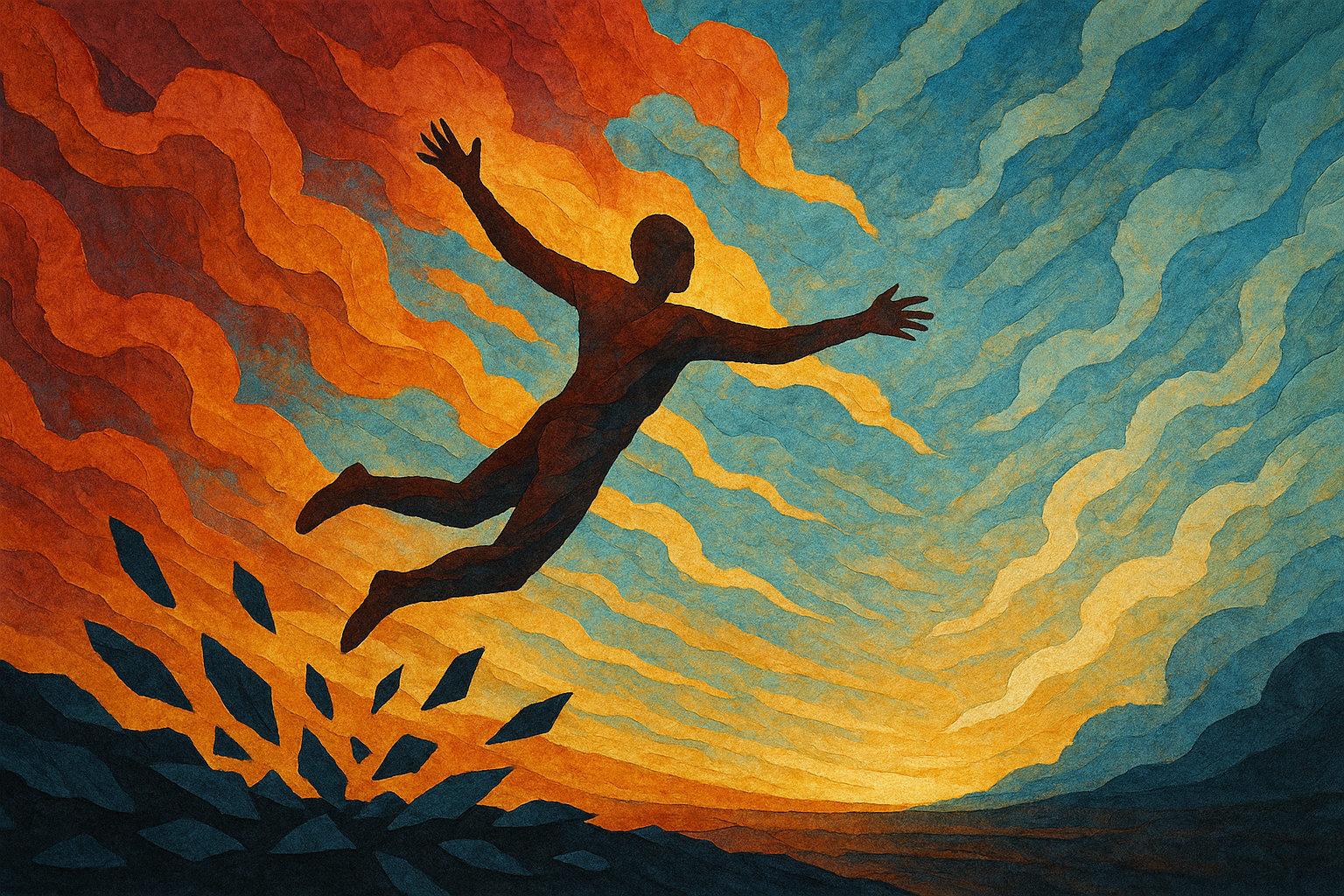In the case of addiction, whether to illegal substances or prescription drugs, abuse usually begins as recreational use and escalates into something much more destructive. With continued use, the addict’s tolerance increases. Thereby necessitating a greater amount of the drug in order to achieve the same high as before. A generally agreed-upon definition of addiction is when one loses control over the quantity and frequency of one’s drug use and when one continues using even when faced with clear evidence that this activity is causing damage to one’s life.
A drug dependency can make the addict feel powerless to stop using because the cravings are so bad. This is because continued drug use alters an addict’s brain, changing the way its pleasure centers work. The telltale effects of addiction can be broken down into three categories: behavioral, physical, and emotional. Not every addict exhibits signs from each of these categories. However, drug users may begin to experience financial trouble. They fail to meet responsibility either at work or home. These are some of the reasons why it is important to seek help for addiction. Physical signs include sweating, feeling nauseated, or getting the shakes when the drug wears off. Emotionally, addicts often have intense mood swings.
If you have a family member you suspect is suffering from a drug addiction, the following behaviors may offer confirmation of your fears: difficulties keeping a job or staying in school, poor grooming habits, weight loss, different sleeping habits, listlessness, bloodshot eyes, increased secrecy, and stealing.
Drug Addictions
Drug addictions don’t only happen to illegal substances sold on the street, either. They can also happen with prescription medicines given to someone by a doctor for a legitimate medical issue. However, if you are faking a medical condition in order to get drugs, go to more than one doctor to get drugs, use someone else medication, or if you fail to use the medication according to the doctor’s directions, then you should likely seek help from a professional who can recommend a proper course of treatment for your addiction. Drug abuse can be a sign that you have an addictive personality, in which case, it would be unlikely that you can break the physical and neurological pattern on your own. In addition, many doctors now realize that drug abuse isn’t only a sign of an addictive personality.
Some addicts fool themselves into thinking their addiction isn’t as bad as it is. If you have begun to feel anxious about making sure you have enough drugs, or if you are making “deals” with yourself, such as only allowing yourself to do drugs on the weekends, it could mean that your brain has already been significantly altered by your drug use so that you are emotionally if not physically dependent on it. If you’ve ever blacked out or suffered from memory loss, then your drug use has moved beyond the social stage. You are possibly into abuse or dependency.




